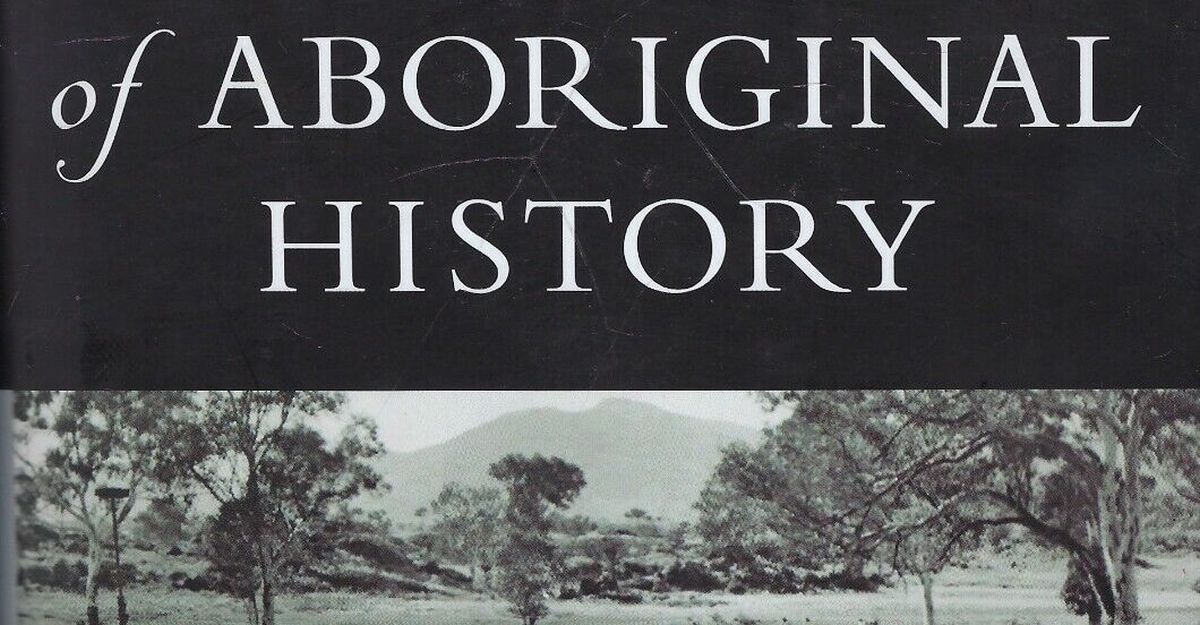25/12/2013
the image is lossy, you
shield your face before
it burns out a whole in
your skin, the day running
into trouble, delayed, it
thinks itself being deferent –
flooded with light – your
surfaces take on commodity
sheen. the principle of rent. i
dam lossing you i am
lossy, hand you a morning
ring in the trummerlight, it
is an eye for you to look thru,
and on the other side another
eye, you put it down. you look,
therefore you are good. some
body senses rage and disgust on
my face at the selfers paradise
and they are right, but I just
scribble in, and where the con-
tours aren’t is where you are.



